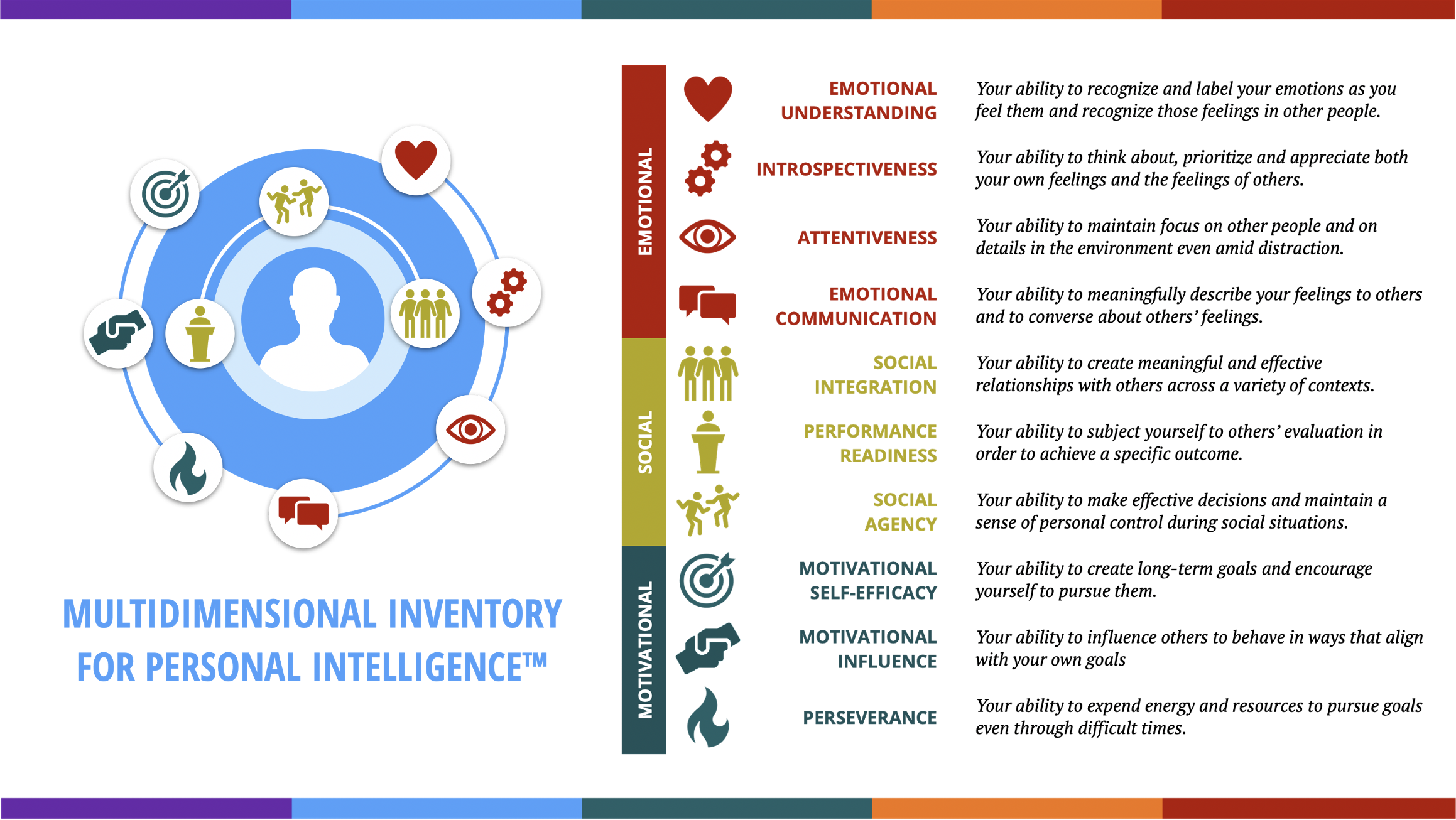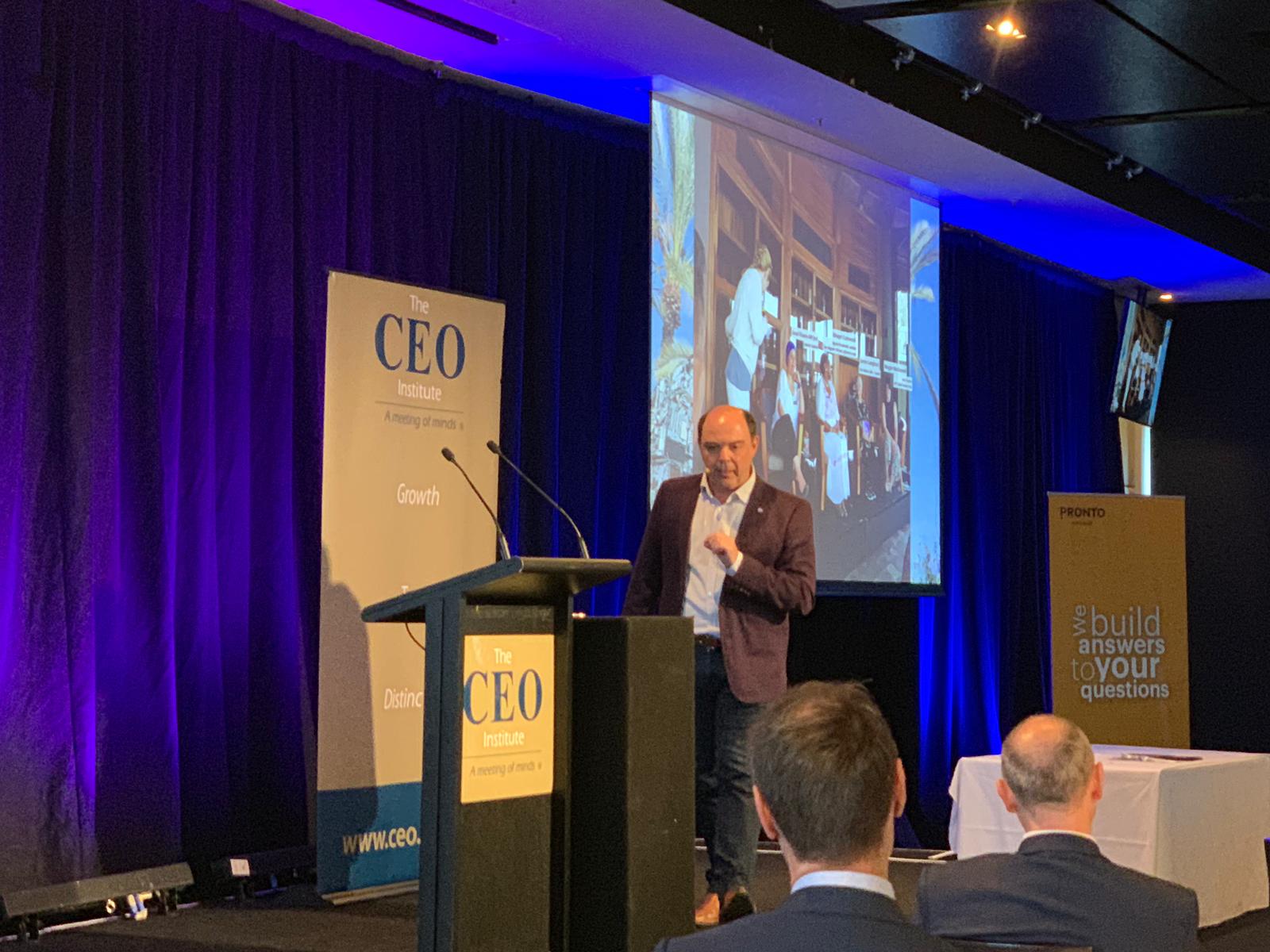Dec19

Since 2016, I have been spending a lot of time on motivation. In coaching we often focus on reconnecting clients to their values and dreams.
It is not hard to believe that most of us want to have a sense of purpose in what we do. It is easier to motivate ourselves, keep going in hard times, and even to speak out to motivate others when we have a sense that our goals mean something.
Purpose is what makes us get up in the morning. It is what makes us choose thoughtfully and deliberately. Keeping a focus on our sense of purpose aids in decision making by helping us to baseline choices against our overall purpose.
What is your purpose?
What motivates you?
As painful as it is to watch, this clip from the movie Up in the Air always gives me pause.
AND what if you could MEASURE your motivation?
Working with motivation has been so, well motivating. In 2018 I was able to get a book published by the fabulous Berrett-Koehler publishers about the topic – Be a Project Motivator: Unlock the Secrets of Strengths-based Project Management.
Three years later the content of the book was the basis of my first LinkedIn Learning course – Project Manager to Project Motivator: Unlock the Secrets of Strengths-based Project Management. This course has been watched by nearly 10,000 people in the 15 months since it was launched. And it will receive some additional material in 2023 to round out the topic and introduce balanced engagement AND disengagement.
I have spoken in many forums about the way in which Character Strengths connect us to our motivation, about intrinsic motivation vs extrinsic motivation. …
So, imagine my excitement when I learned we can MEASURE motivation.
When I met Geoff Crane of Adaptimist Insights, I was excited because this is a person who has dedicated more than 10 years to researching the assessment, he was showing me. I love well researched assessments. And even better for me, he had been studying thousands of project managers as part of his work. My tribe. It is so rare that anyone I speak to has paid specific attention to project managers, that I had to ask him to repeat himself!
Although the assessment started out life as an update to emotional and social intelligence measurement (more on those in future blog posts), motivational intelligence – or PURPOSE had appeared in the data. Geoff and the team had identified three competencies related to purpose.
Many of us know and admire people who are high in this competency. They are the ones who always seem to keep their eye on the ball, they don’t get distracted or put off, they aim high and don’t settle for less! The challenge of being highly self-efficacious is that we may not be satisfied with what we do achieve or may become unrealistic about what is achievable which can lead to sticking too long with a goal.
We tend to admire people who are “driven” In this way, but there are advantages to being lower in this competency. Low MS people tend to be easy going, can change direction quickly without getting frustrated or upset, they tend to take life moment by moment and not think too much about the future. The challenge tends to be indecision and reactivity- low MS people tend to go with what feels best right now without considering what might be best going forward.
This is the ability to motivate others to act in accordance with OUR goals – to help us achieve our goals. The strength of high MI is that individuals can get more help accomplishing their purpose, the challenge is that that may mean that people are persuaded to do things that are not good for them or the greater good. High MI is sometimes equated with charisma. And charismatic individuals are persuasive but there is no guarantee what they will focus on as a goal.
Low motivational intelligence people often feel that they are at the whim of others. They often prefer to work alone and may have trouble delegating effectively in the absence of formal authority. With authority, they can be effective leaders in situations where there needs to be one decision maker because they tend to be knowledgeable about their subject area.
This is the difference between planning to do something and seeing it through when faced with a challenge. Often perseverance is related to a sense that the task is easily doable, that others will support our choice of the task and that we think the behavior is desirable. Low perseverance individuals will often find reasons not to pursue the goals, finding errors and gaps in their plans that may not be as large as they perceive them. High perseverance people tend to keep going after their goal relentlessly which in extremes can mean that they trample on the feelings of others or lose sight of personal commitments which can damage relationships.
Whatever our levels of each of three competencies, there are challenges AND strengths, AND more importantly, we can change our levels. These competencies can be learned and developed! We can also learn to apply them selectively – choosing when to push through and evaluating when the cost is too high, or the goal no longer makes sense.
When we understand the motivational competencies of the people we work with, we can develop strategies to boost their natural strengths and mitigate the challenges. And ultimately that means we can get more done. Which is a great opportunity for project managers!
Let’s look at the scene from Up in the Air again.
How did Bob, the character being made redundant fair in the three competencies?
Motivational Self-efficacy? Did Bob believe in his goals? Had he succeeded in similar goals? Did he see others achieving their dreams? How was his self-talk?
Motivational Influence? Was he able to persuade others that his goals were a good idea? Did he get others to help him?
Perseverance? How easy was his goal? Did he think others would support it as a goal? Did he believe it was a worthy, desirable, admirable goal?
How did his purpose change?
When he was studying it seems he had high MS. He studied, he worked at a high-end restaurant to maximize his learning. As soon as he had a family to worry about though he put his goals aside and exchanged them for new goals. It seems he did not really consider pursuing his dreams. That first paycheck tempted him away and onto a new path. He quickly changed his priorities and gave up on his original goals.
Not that there is anything wrong with choosing a new path. For some people having a family and doing work that pays enough to comfortably support that family is motivation enough. But there is a difference between reasoning the choice out and intentionally choosing a new path and giving up at the first hurdle and not looking for compromises or ways to balance the choice. For example, I have a friend who is a skilled tradesman who delights in working part time in the kitchen at a local restaurant.
The point is that without building our motivational skills ideas will just come and go and won’t come to fruition. We need to have a goal, believe in the goal, get others to support our goal and keep going when the going gets tough!
Want to learn more about it? Want to see YOUR current measure of motivational intelligence or purpose?
Email me at mailto:RuthPearce@allellc.org ______________________________________________________________________________
Link to find out more about what motivates each workplace generation: https://www.shrm.org/resourcesandtools/hr-topics/behavioral-competencies/global-and-cultural-effectiveness/pages/what-motivates-your-workers-it-depends-on-their-generation.aspx
Link to order Ruth’s book Be A Project Motivator: https://www.amazon.com/Be-Project-Motivator-Strengths-Based-Management/dp/1523095792/
Link to check out the LinkedIn Learning course: https://www.linkedin.com/learning/project-manager-to-project-motivator-unlock-the-secrets-of-strengths-based-project-management
Link to check out all four courses: https://www.linkedin.com/learning/instructors/ruth-pearce
Learn more about Ruth: www.linkedin.com/in/ruth-pearce
Link to meet Ruth online: Calendar Booking with Ruth
Take your FREE VIA Character Strengths assessment here: http://LIL.pro.viasurvey.org
By Ruth Pearce
Keywords: Leadership, Future of Work, Mental Health
 Friday’s Change Reflection Quote - Leadership of Change - Change Leaders Enable Generational Advancement
Friday’s Change Reflection Quote - Leadership of Change - Change Leaders Enable Generational Advancement The Corix Partners Friday Reading List - February 27, 2026
The Corix Partners Friday Reading List - February 27, 2026 What Leaders Should Be Losing Sleep Over (But Aren’t)
What Leaders Should Be Losing Sleep Over (But Aren’t) Energy System Resilience: Lessons Europe Must Learn from Ukraine
Energy System Resilience: Lessons Europe Must Learn from Ukraine HR Is Designed to Maintain. Succession Planning Demands It Transform.
HR Is Designed to Maintain. Succession Planning Demands It Transform.